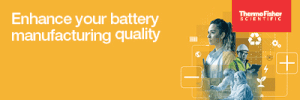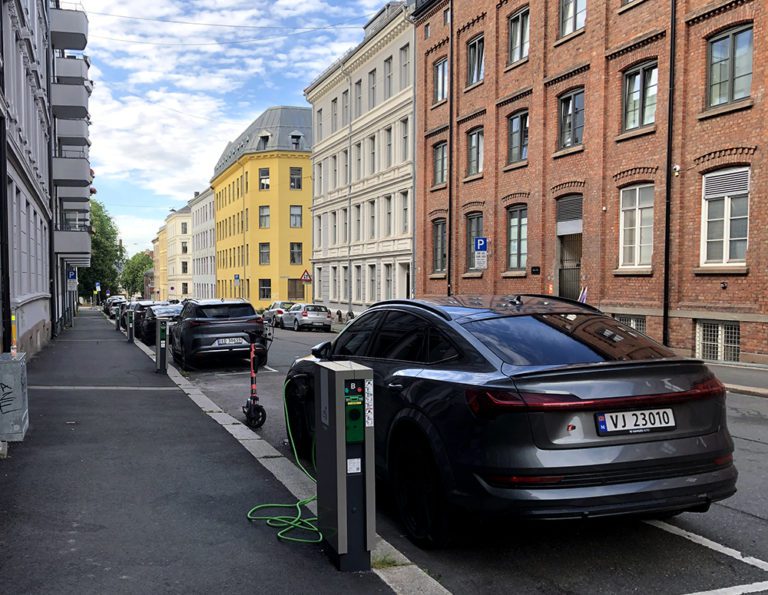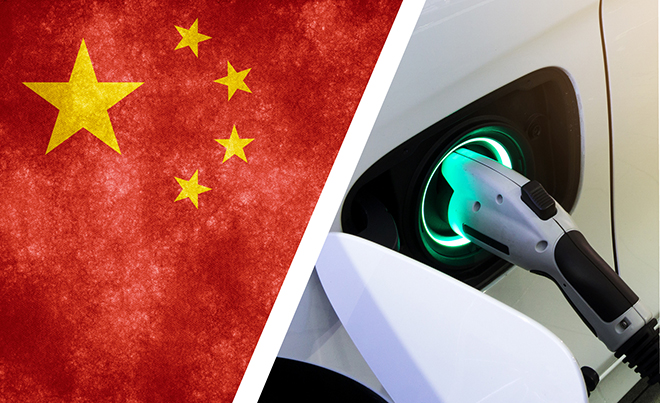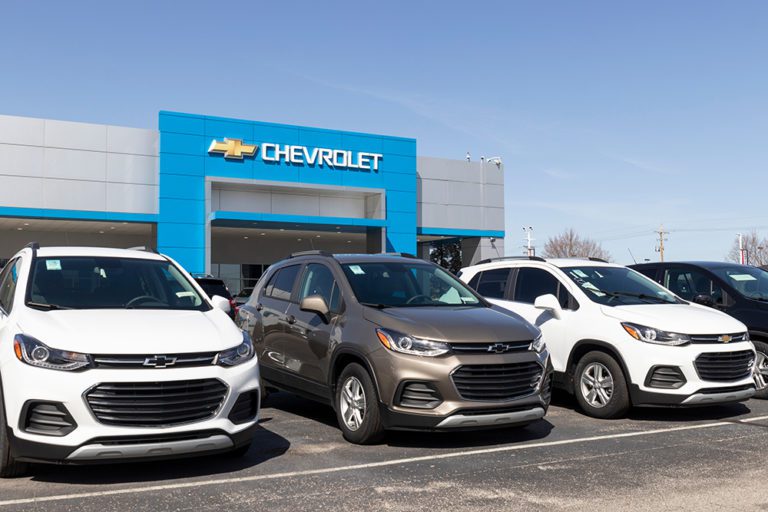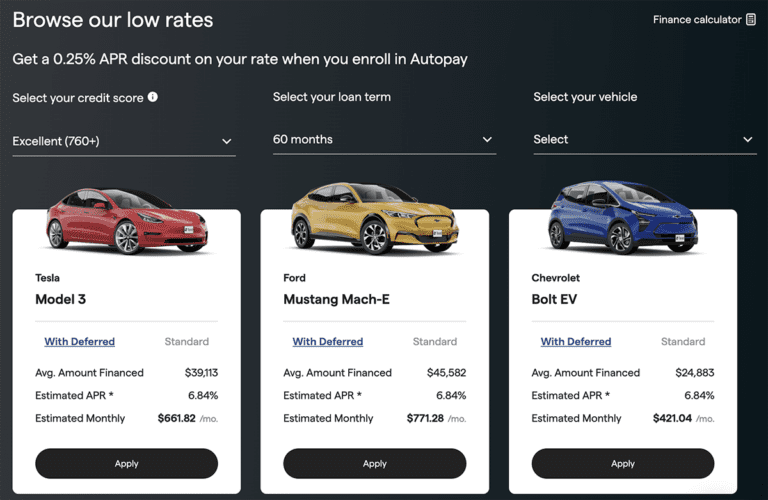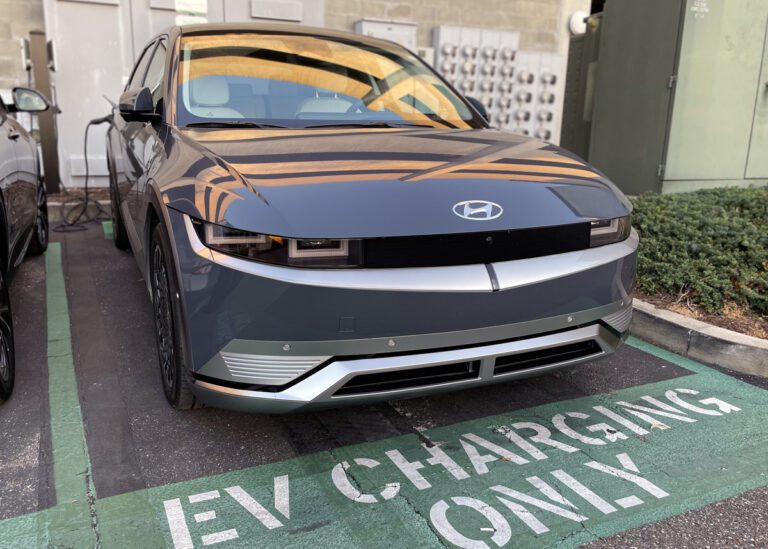California-headquartered EV manufacturer Mullen Automotive has announced that its Mullen THREE Class 3 truck, which had previously obtained EPA certification, has now received CARB certification. The truck now qualifies for sale throughout the US, including in CARB-compliant jurisdictions. CARB certification also qualifies the Mullen THREE for EV incentive programs that vary by state. Under California’s… Read more »
Search Results Found For: "EV tax credit"
How Umicore is ensuring sustainability in the North American EV battery chain
Q&A with Umicore’s Robert Privette Umicore traces its roots to a Belgian mining company formed in 1906. Since then, it has moved on from mining to a variety of high-tech pursuits including refining, recycling and the manufacture of specialized metal products. Today it’s one of Belgium’s largest companies, and has a strong presence in e-mobility,… Read more »
Canada looks to Norway for lessons in how to manage the transition to EVs
Norway is the world’s undisputed EV capital—roughly a quarter of all cars on its roads are now EVs, and the country is on track to end the sale of gas and diesel cars by 2025. Canada plans to end the sale of fossil-burners by 2035, and policymakers are looking to the Scandinavian country for answers… Read more »
Law firm Akerman launches EV infrastructure-oriented legal team
Akerman, a top-100 US law firm with over 700 employees, has launched three new teams under the umbrella of its Energy and Infrastructure Sector Team, focusing on renewable energy and other high-tech infrastructure. The multidisciplinary teams “build upon the existing capabilities of Akerman’s Data Centers and Digital Infrastructure Practice and Renewable Energy and Electric Power… Read more »
The US and EU take different approaches to the threat of Chinese EV imports
Governments in North America and Europe are seriously concerned about China’s growing dominance of the EV industry. Chinese automaker BYD recently surpassed Tesla as the world’s leading seller of EVs, and it’s only one of several Chinese-owned brands that are already selling cars in the US and the EU. However, the world’s #2 and #3… Read more »
Panasonic to use Sila’s Titan Silicon anode material, which promises higher energy density for EV batteries
Panasonic and battery materials company Sila Nanotechnologies have signed a commercial agreement for Sila’s nano-composite silicon anode, Titan Silicon, which could enable the battery maker to dramatically improve both vehicle range and charging time. Sila’s anode materials, to be produced at the company’s plant in Moses Lake, Washington, will be optimized for Panasonic’s next-generation lithium-ion… Read more »
What is this EV mandate that auto dealers are kvetching about?
Since the advent of modern EVs, auto dealerships have been seen as an impediment to faster EV adoption—and that image doesn’t appear likely to change any time soon, even though annual US EV sales cracked the one-million mark in 2023. Over 3,800 US auto dealers recently signed on to an open letter to President Joe… Read more »
Will designating China as an “entity of concern” spur the development of US supply chains?
The Buy American provisions of the Inflation Reduction Act and Bipartisan Infrastructure Law have proven controversial in some quarters, but they are integral and necessary components of both programs. EVs require raw materials, many of which are disproportionately extracted and processed in countries that we don’t want to rely on. Thus, any comprehensive program to… Read more »
Tenet raises $30 million for its EV financing and charging platform
New York-headquartered vehicle financing company Tenet Energy has closed a funding round of more than $30 million. The financing includes more than $10 million in Series A investment, led by venture capital firm Nyca Partners, as well as a $20-million warehouse debt facility provided by Silicon Valley Bank. Other investors participating in the round include… Read more »
IRS opens registration for auto dealers to offer point-of-sale credits for EV buyers
The worst aspect of the old EV tax credit was that it could only be applied to a buyer’s income tax liability (not self-employment tax, state taxes, etc) and, unlike some other tax credits, could not be carried over to a future year. The practical effect of this was that the only people who could… Read more »



